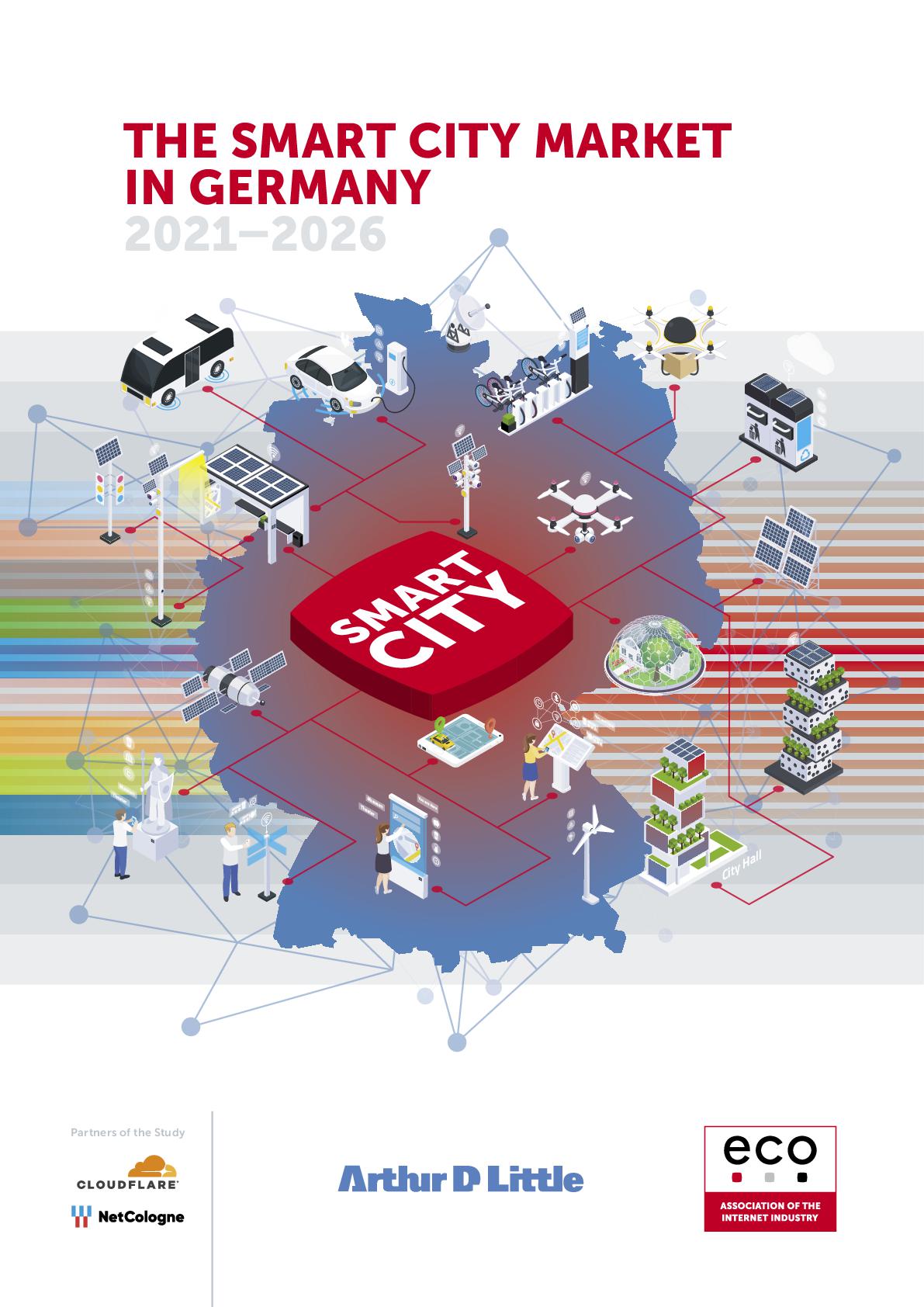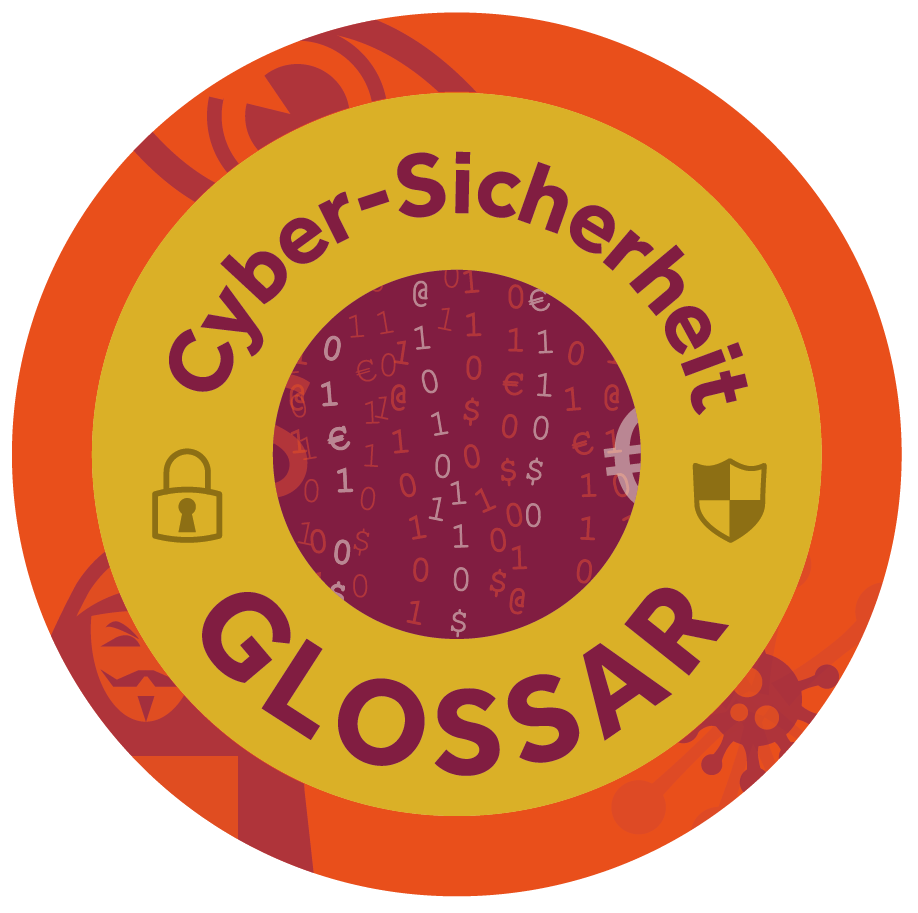The German Smart City Market 2021-2026 - Prof. Dr. Norbert Pohlmann
The German Smart City Market 2021-2026 | |
 | Smart city market Digitization offers countless answers and solutions to this question. The vision of the smart city combines these technological innovations in a coordinated and interlocking overall concept for urban space. Cities and municipalities are currently working intensively on the implementation of the Online Access Act to offer administrative services electronically via administrative portals by the end of 2022. Smart City is a further and logical step toward providing additional IT services for citizens and companies. That’s why municipalities are currently on their way to becoming smart cities, building urban platforms and fine-tuning a cloud infrastructure. What are the main needs and demands here? With this study, we would like to contribute to answering these questions. We are convinced that sustainability as well as a powerful digital infrastructure form the foundations of a functioning and flourishing smart city. Digitization and sustainability are two sides of the same coin. The positive effects of digitization are becoming increasingly clear, especially in times of crisis: Home offices and the resulting increase in the proportion of teleworking result in significant CO₂ savings. We can also increase efficiency in the areas of production, logistics and mobility with the help of digital solutions. Data centers play a key role here that is still frequently overlooked. Data centers form the backbone of digitization. By storing and processing enormous volumes of data, they drive growth and innovation in other industries. In recent months in particular, data centers have kept both our economic and social life moving. Data centers in this country are among the most energy-efficient by global standards. Their energy consumption has fallen by 90 percent per computing unit over the past ten years. The CO₂ emissions of European data centers have already been declining for five years. Political support for the use of waste heat generated in data centers and its smart integration into urban planning and municipal heat supply concepts could further improve the energy balance of data centers and cities. With additional support for the expansion of digital infrastructures, further investment in research into innovative technologies and a sustainability-oriented energy mix, it may be possible to achieve a 100 percent reduction in CO₂ emissions from data centers by 2030. This makes the industry a central building block for the sustainable and climate-friendly smart city. At the same time, the expansion of the 5G network will also lead to even more sustainable IT in the medium term, since both the antennas used and the data transmission itself are much more energy-efficient than previous mobile communications standards. A powerful digital infrastructure means not only high-speed Internet, but also a sovereign and secure data infrastructure. The European cloud and data infrastructure GAIA-X is therefore likely to soon become an important basis for successful smart city platforms for cities and municipalities as well. This study shows: The smart city market is booming and, with average annual growth of over 17 percent, forms one of the most exciting digitization markets of this decade. We hope that this study will help to familiarize those responsible for urban development as well as decision-makers in the digital and Internet industries with this dynamic market, to offer decision-making aids, and to provide inspiration and ideas for future smart city projects and business models. free download
|
 | |



